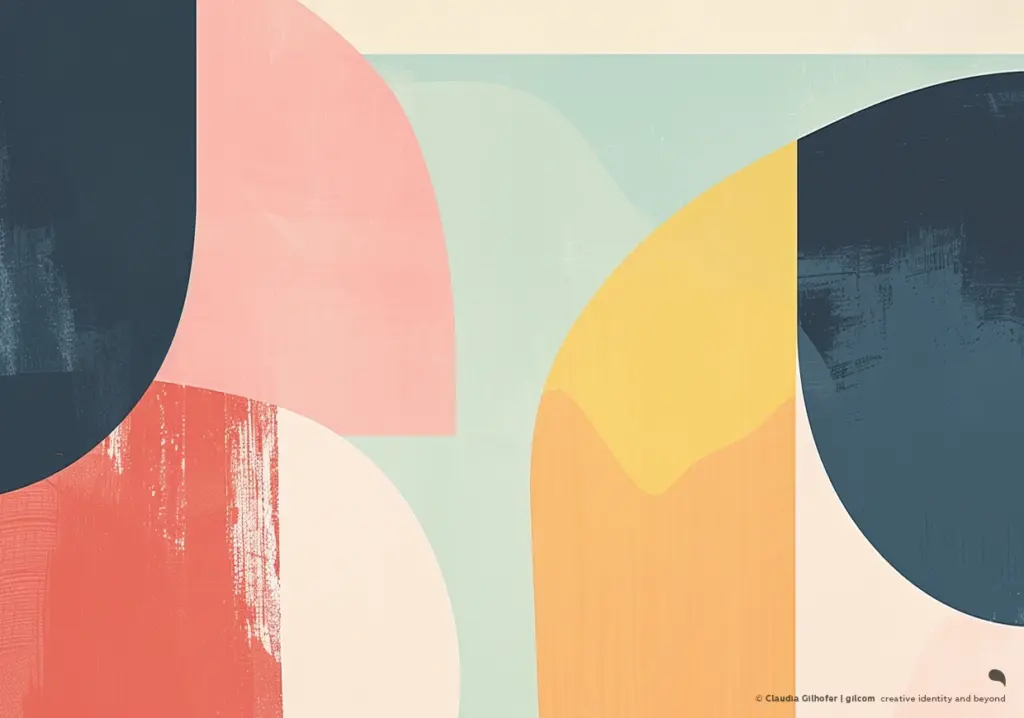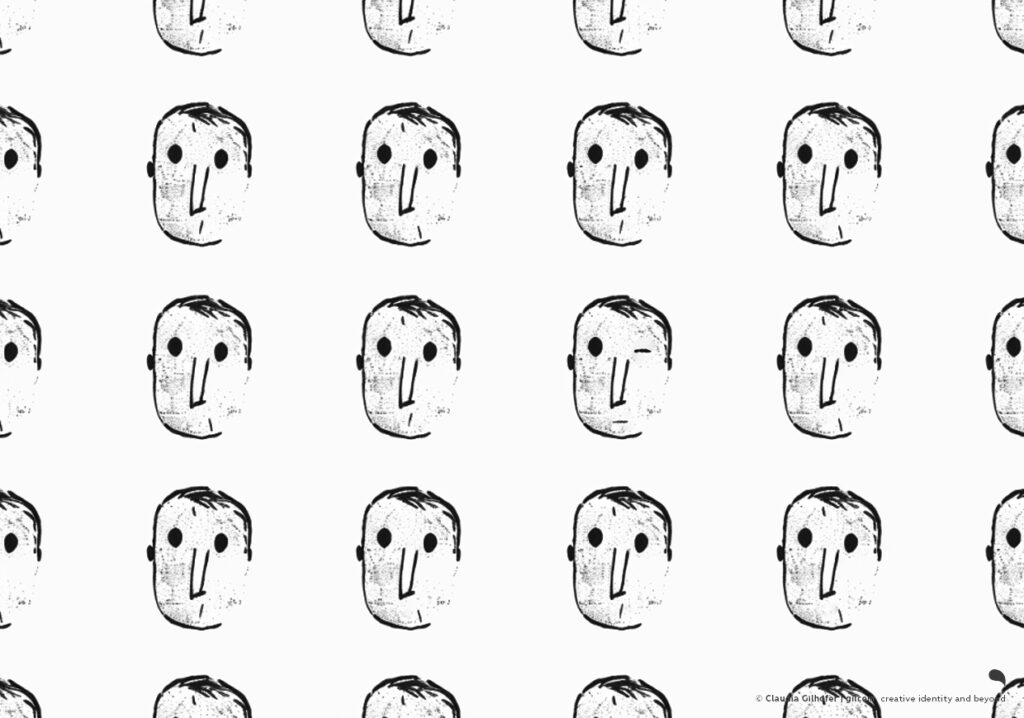“Could it be that enough is enough? That we start longing for lies, deception, and illusion because suddenly everyone wants to be one thing: authentic? And because we believe everything people who claim to be authentic say—except that very thing?” This quote comes from the article ‘Authenticity’ by Tobias Haberl, published in the Süddeutsche Zeitung in 2010. His archival research at the time revealed that, in the week when this article was written, the German press described 53 different things as authentic: the villa of a French couple, the taste of a frozen pizza, a pair of jeans, a perfume, and several other things. Authentic things. Let that sink in for a moment. Crazy, isn’t it?
The word ‘authenticity’ has long lost its meaning. We have driven it out. Diluted it. Let it fade away. And now? Is there still some awareness of the deeper meaning lurking beneath the drive for self-optimization and self-presentation? Do we even understand what it means? What it truly means to be authentic?
Jonathan Sierck posed the provocative question in his 2016 book ‘Self-Confidence & Authenticity’: “What do I do to be myself? Is there a checklist for that?” Today, after just a brief search, I can find countless tips, tricks, and yes, even checklists on the topic of ‘authenticity.’ Let that sink in for a moment. Remarkable, isn’t it?
Sometimes we even dare to judge whether someone is authentic or not. The label is quickly stamped on, even when we hardly know the person. Often after just a brief observation, without bothering to take a second look. Does that sound familiar?
Nothing is truly authentic when ‘fake it till you make it’ becomes a life motto, and you keep doing it until the artificial finally feels natural. When your only focus is on perfecting everything: ‘check,’ adjusting everything: ‘check,’ mimicking everything: ‘check’—where does that leave the self? Relentless ambition doesn’t necessarily lead to success. Comparing yourself to others doesn’t either. Smooth surfaces rarely have anything new to tell. In shallow waters, boredom quickly causes interest to wane. It moves on, seeking out genuinely exciting discoveries far from fleeting comparisons, nurturing curiosity in a way that truly matters.
One more thing: Being completely authentic at all times is an illusion. When we admire someone, we often only see what we want to see and ignore everything else. Even when we think we’re being authentic, we’re not in every moment. We all carry aspects of ourselves that we don’t like or don’t want to show. Out of fear of judgment or losing others’ approval, we keep our supposed shadows hidden. While we admire the courage and authenticity of others, we are often too afraid to reveal more facets of ourselves. What price do we pay when we pretend? When we are neither authentic nor steadfast?
Let me remind you of something: Things and Brands have no consciousness and therefore cannot be authentic—this privilege belongs solely to us humans. Less ‘check’ and more awareness would be a solid foundation on which to build an authentic self. What do you think?
Isn’t it time to let go of the pressure? To focus less on external expectations and more on listening to yourself again? Let that sink in for a moment.
Can you do it?
With best Wishes
Claudia Gilhofer

Never stop evolving.
Stay human.
[ Communication | Human | Brand ]
__
gil com | creative identity and beyond
For connecting communication + promoting personal growth, brand authenticity, a motivating corporate culture, and opening up new spaces for creative thinking.
Claudia Gilhofer:
Creative Planner, Communication Psychologist in Training, Systemic Business Coach, Facilitator, Mentor, Sparring Partner, VR Expert (XR-C)





